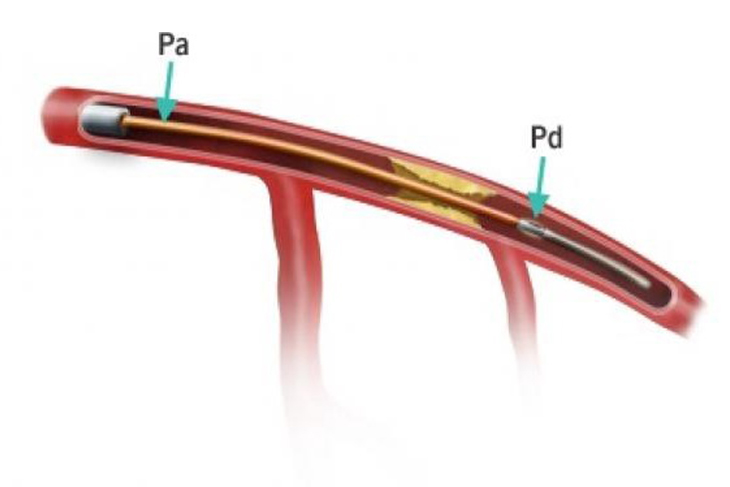Coronary Physiology study (FFR)

A Coronary Physiology Study, also known as Fractional Flow Reserve (FFR), is a diagnostic procedure used to assess the functional significance of stenoses (narrowing) in the coronary arteries, which are the blood vessels that supply blood to the heart muscle.
The procedure involves measuring the pressure gradient across the stenosis to determine if it is the cause of impaired blood flow to the heart muscle. The FFR is used to guide treatment decisions, such as whether a patient should undergo revascularization (restoration of blood flow to the heart) with percutaneous coronary intervention (PCI) or coronary artery bypass surgery.
Eligibility for a coronary physiology study depends on several factors including the presence and location of stenoses in the coronary arteries, the patient's overall health, and the presence of other medical conditions. The final decision is made by a doctor or a team of healthcare professionals after conducting a thorough evaluation of the patient's medical history and conducting various diagnostic tests.


